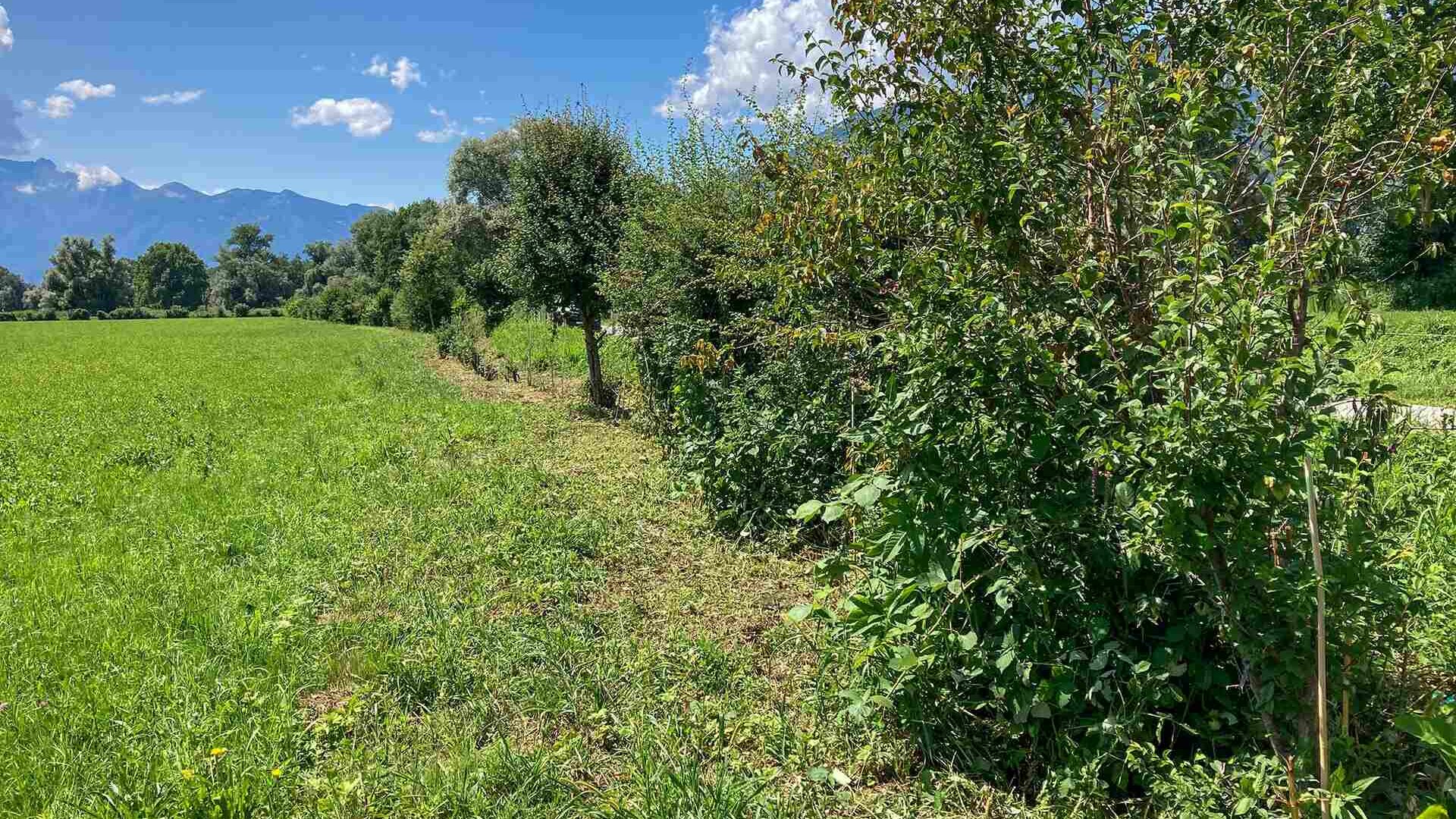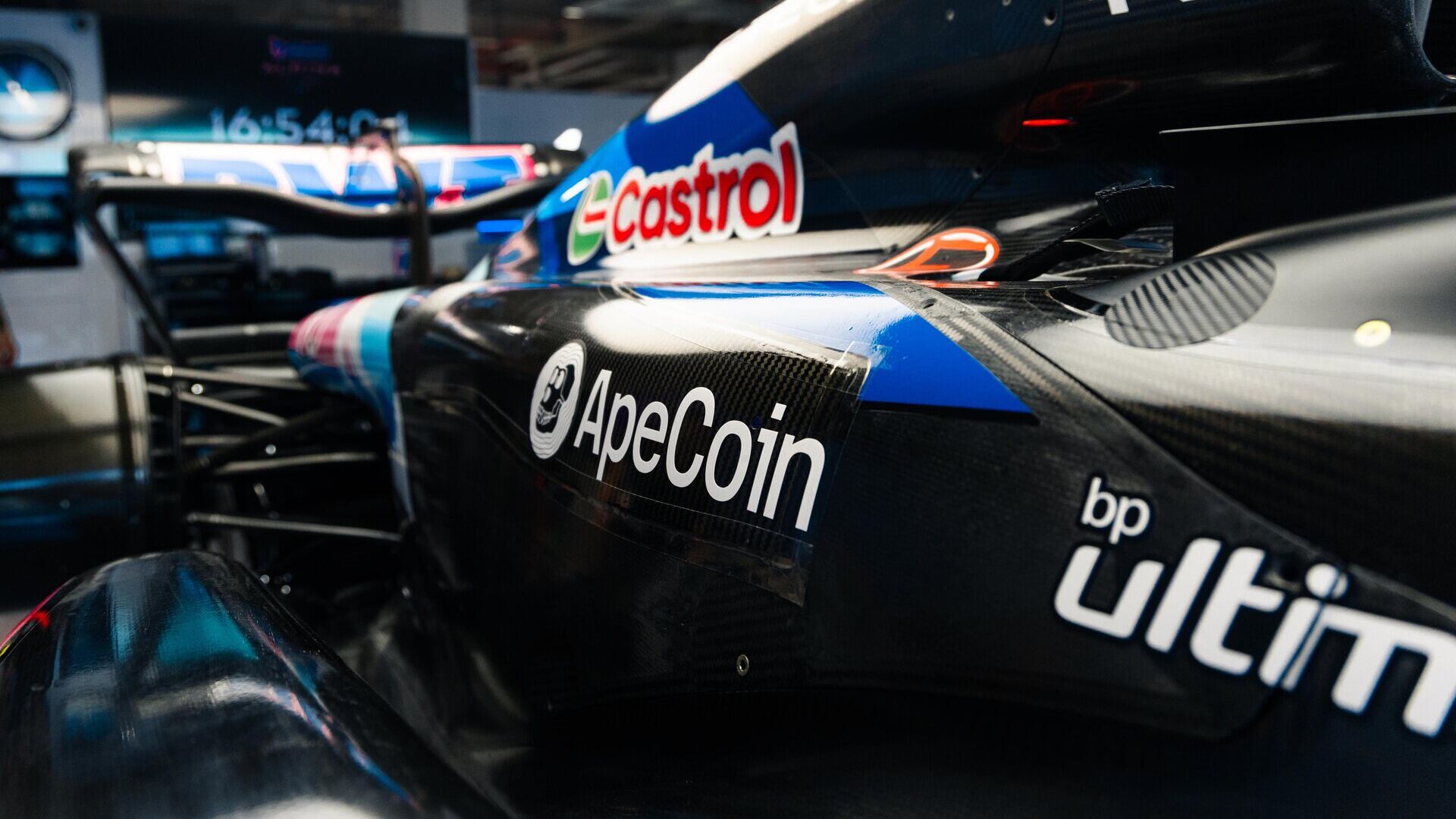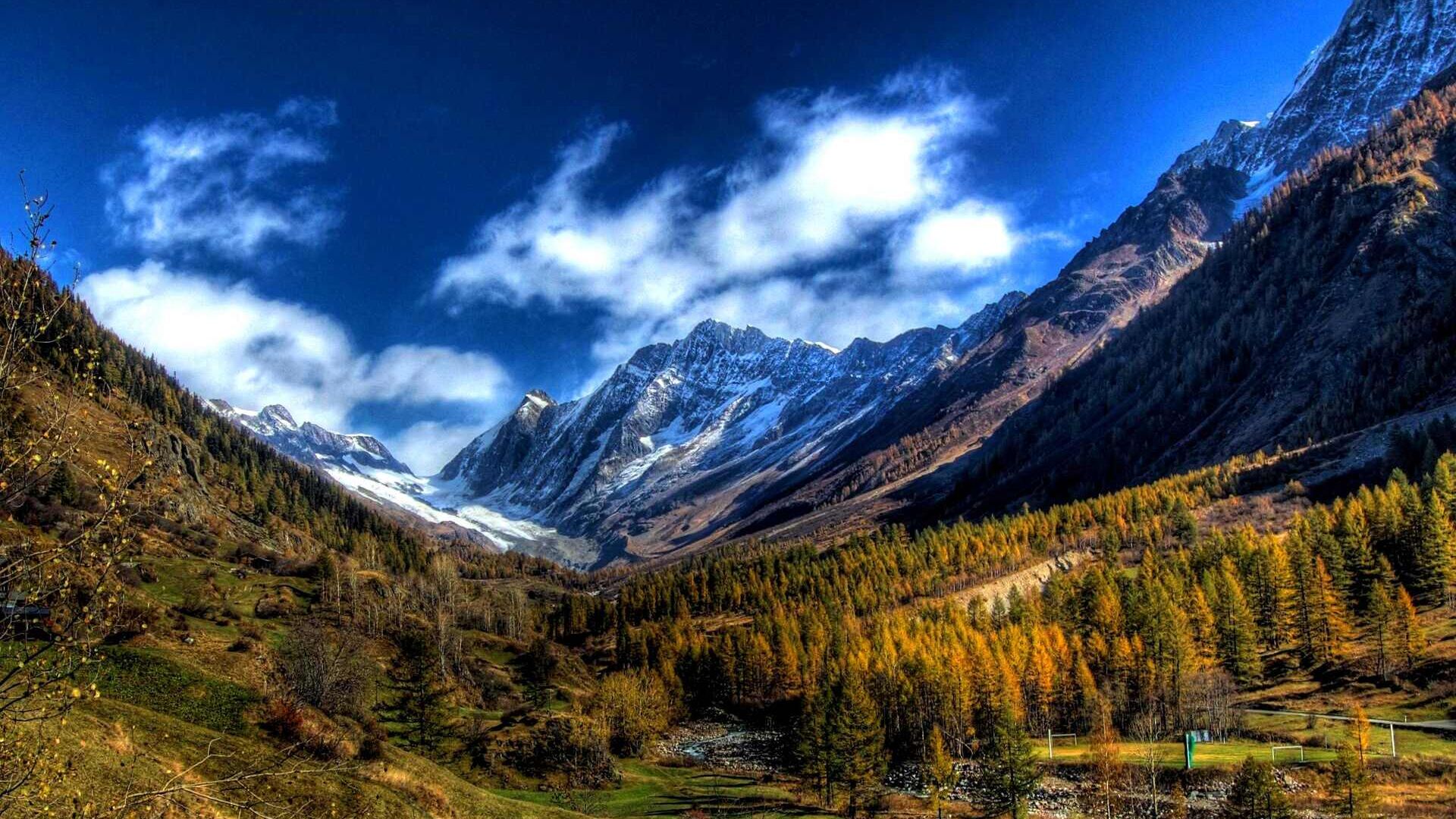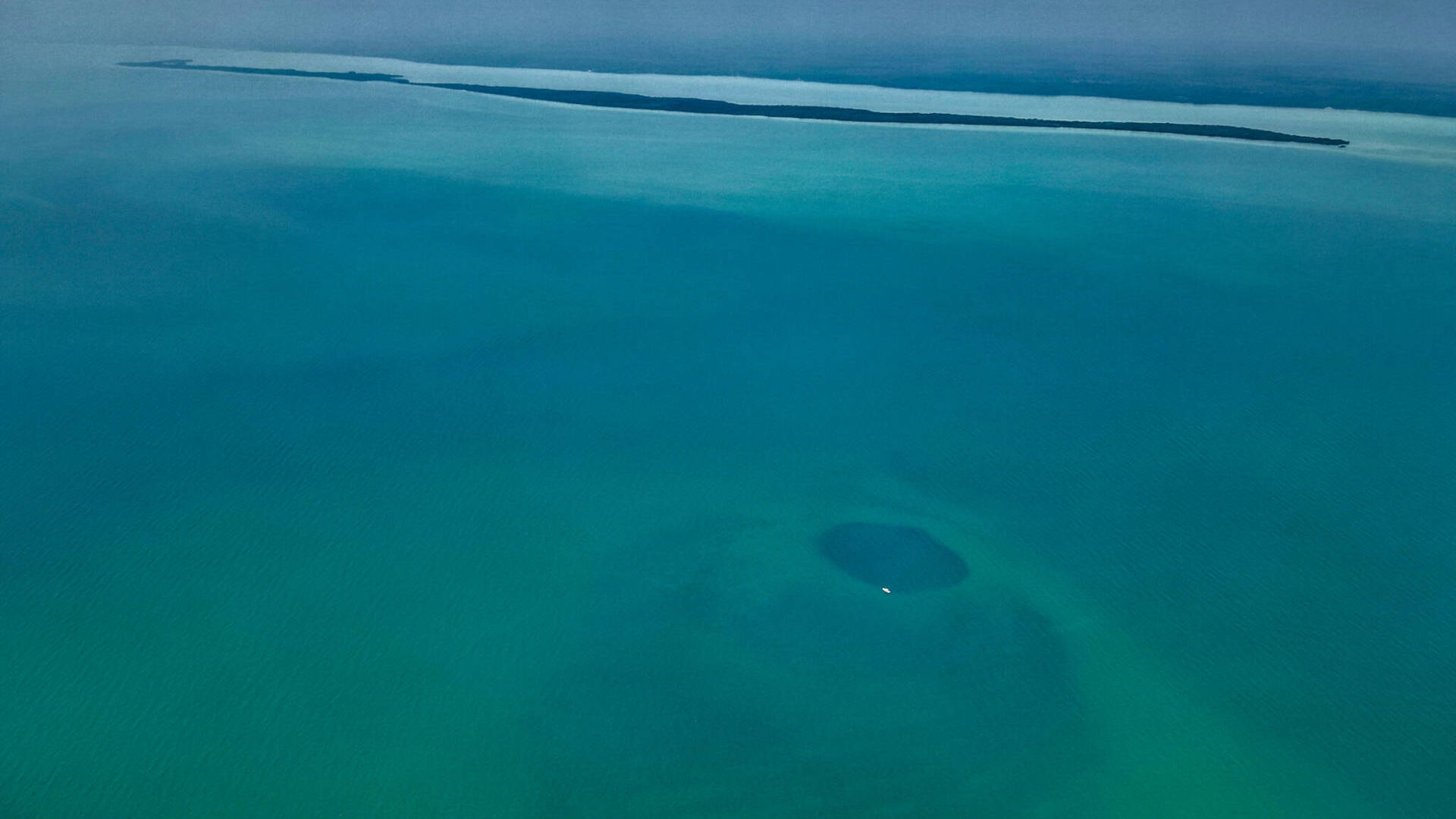Michèle Kottelat: “It's time to move to a circular economy...”
Interviewed by BAK Economics, the great Swiss sustainability expert highlights the importance of objective analyzes for politics and society
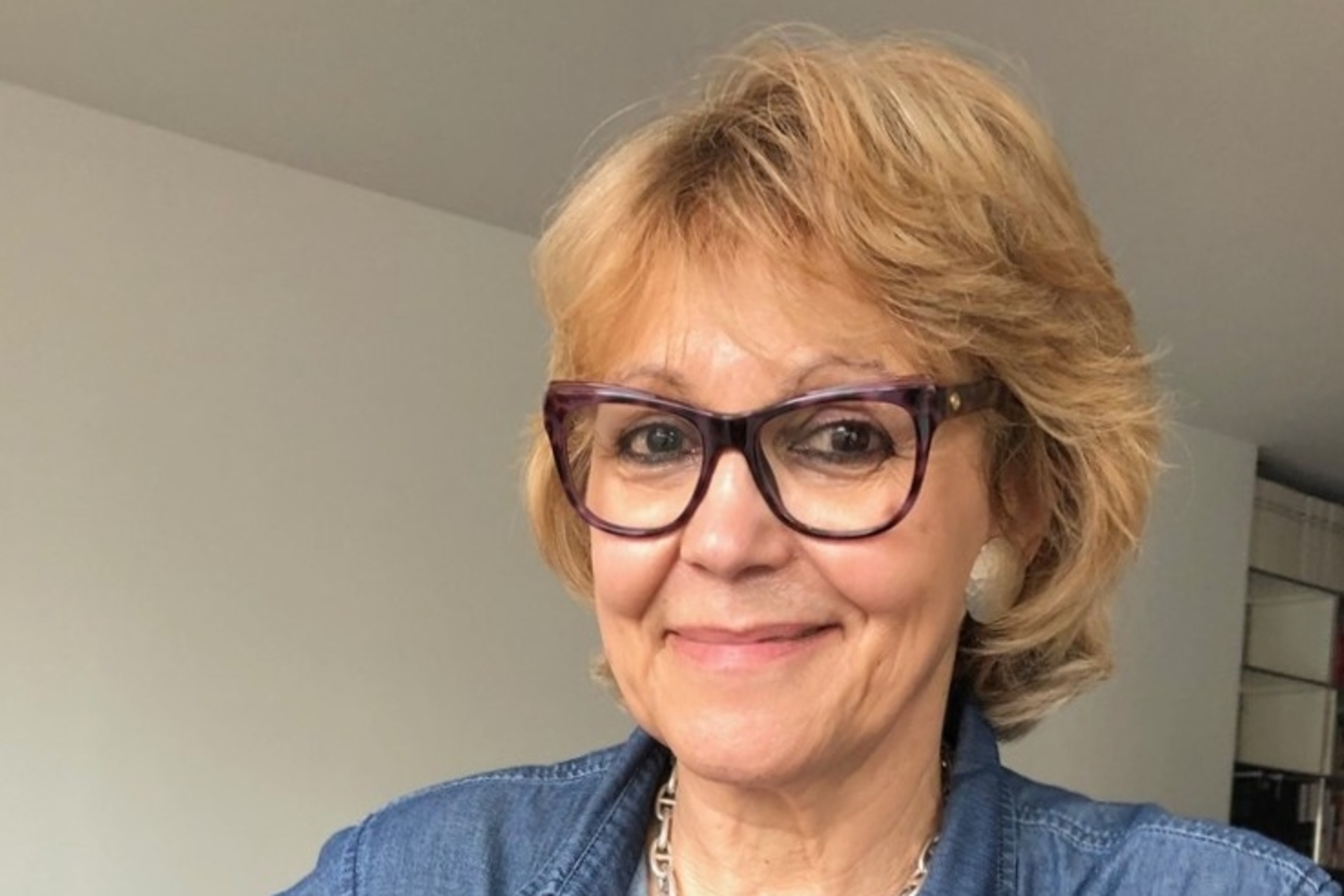
In Swiss Confederation there is a political formation, with values almost unknown elsewhere in a contextual form, which proposes the ambitious attempt to formulate a synthesis between the needs of ecology and those economy.
The Green Liberal Party of Switzerland is a centrist and "green" movement, founded on 19 July 2007 by two cantonal movements with the same name in St. Gallen and Zurich, which is particularly represented beyond Gotthard in the German-speaking territories, with particular regard to the band of territory that goes from the Bernese Oberland to Thurgau.
Among its most authoritative exponents he certainly stands out Michele Kottelat, born in 1953, co-president of the Grünliberale in the Canton of Zug and municipal councilor in the local capital.
Interviewed by BAK Economics, the great Swiss expert on sustainability manages to highlight the notable importance of objective analyzes for politics and society.
Thus in Switzerland children help create a circular economy
“Check your fish!”: sustainable fishing seen by consumers
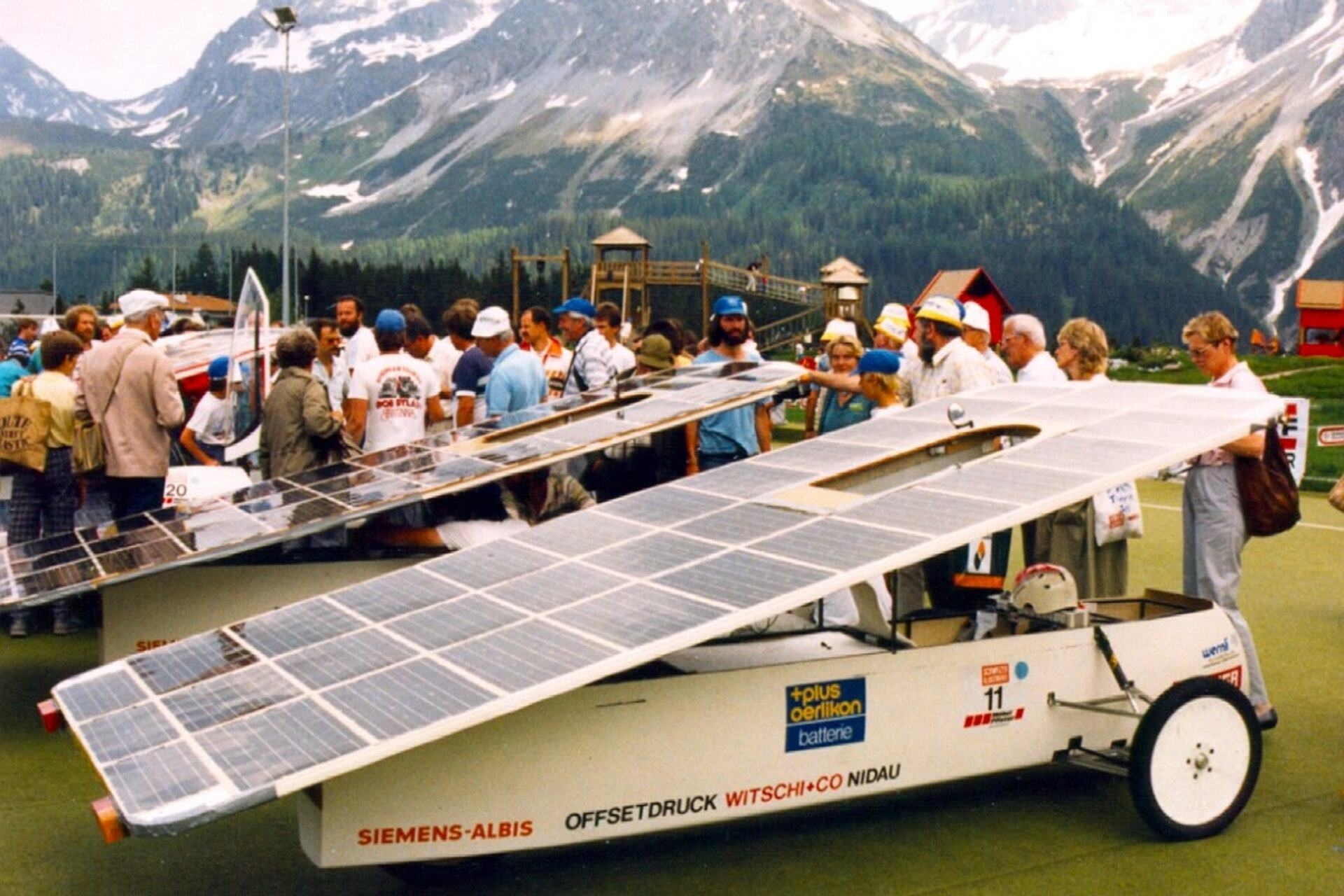
Michèle Kottelat, because the sustainability does it have such an important role in his life?
“I grew up with the Club of Rome report showing the limits to growth. Since then I have followed initiatives in search of a more sustainable economy. In the 70s, together with aluminum collection groups, I asked for the introduction of the recycling label for packaging made with this metal. Aluminum is a precious material, which can be recycled endlessly without any loss of quality. In the 80s I had high hopes for Switzerland as an ecology pioneer. I fondly remember the exciting 'Tour de Sol' races for solar-powered vehicles between 1985 and 1993, where enthusiastic engineers and technicians worked enthusiastically on their projects. Unfortunately, the economic environment was not yet ready for further developments and Switzerland lost its advantage. Last year, my husband and I had an ocean-going cabin cruiser built, one hundred percent electric, in a pilot version. This summer it was equipped with high-efficiency solar panels designed by CSEM (the Center Suisse d'Electronique et Microtechnique, based in Neuchâtel in the canton of the same name, ed.). It was a great pleasure to achieve this ambitious goal and demonstrate to the world that greater sustainability is also possible at sea."
Circular economy and electric cars: the future is much closer
In South Tyrol digital technologies for a sustainable transition

Where are we on the journey towards a company e an economy more be sustainable?
“The answers I have long wanted to see are now finally in place. Climate change, the scarcity of resources and the demand for clean energy have triggered a process of global transformation of the economy. This is not a warm breeze, but a powerful trend, a 'mega trend', as they say today. In addition to decarbonization, XNUMXst century industry must move away from linear production and consumption models to a circular economy. In the latter, in fact, the materials must remain within a cycle so that they do not end up as waste, but can be reused. A holistic approach is needed. Everything from the extraction of raw materials to the design, production, distribution and long-term use of the product through to recycling must be taken into account. This change represents a huge challenge for the industry and the construction sector, because projects have to be planned from scratch in a circular way. The Netherlands has been at the forefront of the circular economy for years. Switzerland must make sure not to lose contact."
The circular economy? A jacket from a jacket from a jacket
All the importance of ESG and Blockchain for a sustainable planet
Michele Kottelat @glp_kanton_zug come again to us and SP. Trotzdem Support für die Zuger Rechten Pfister / Pezzatti pic.twitter.com/XQoFQRcct5
— Alternative – die Grünen Zug (@AlternativeZG) September 11, 2015
How can the transformation ofeconomy and industry in a way socially acceptable?
“We have become accustomed to cheap fossil energy, with externalized costs, and low-cost products from Asia. The transition from the disposable society to the circular society leads to more expensive products, but of better quality and greater value. This approach will be difficult to manage for people with modest financial means. They fear that their standard of living will decline and this causes collective and individual anxiety. We must accompany these people on the transformation journey from the beginning. Show that they too can benefit from a more sustainable economy. In the future, we will certainly own fewer products and instead rent or share them, spreading the costs over more heads. Where this is not possible, we will have to socially cushion the problem, a task which however falls to politics."
Circular economy and effective use of resources in Switzerland
Design and innovation for an efficient and sustainable electricity grid
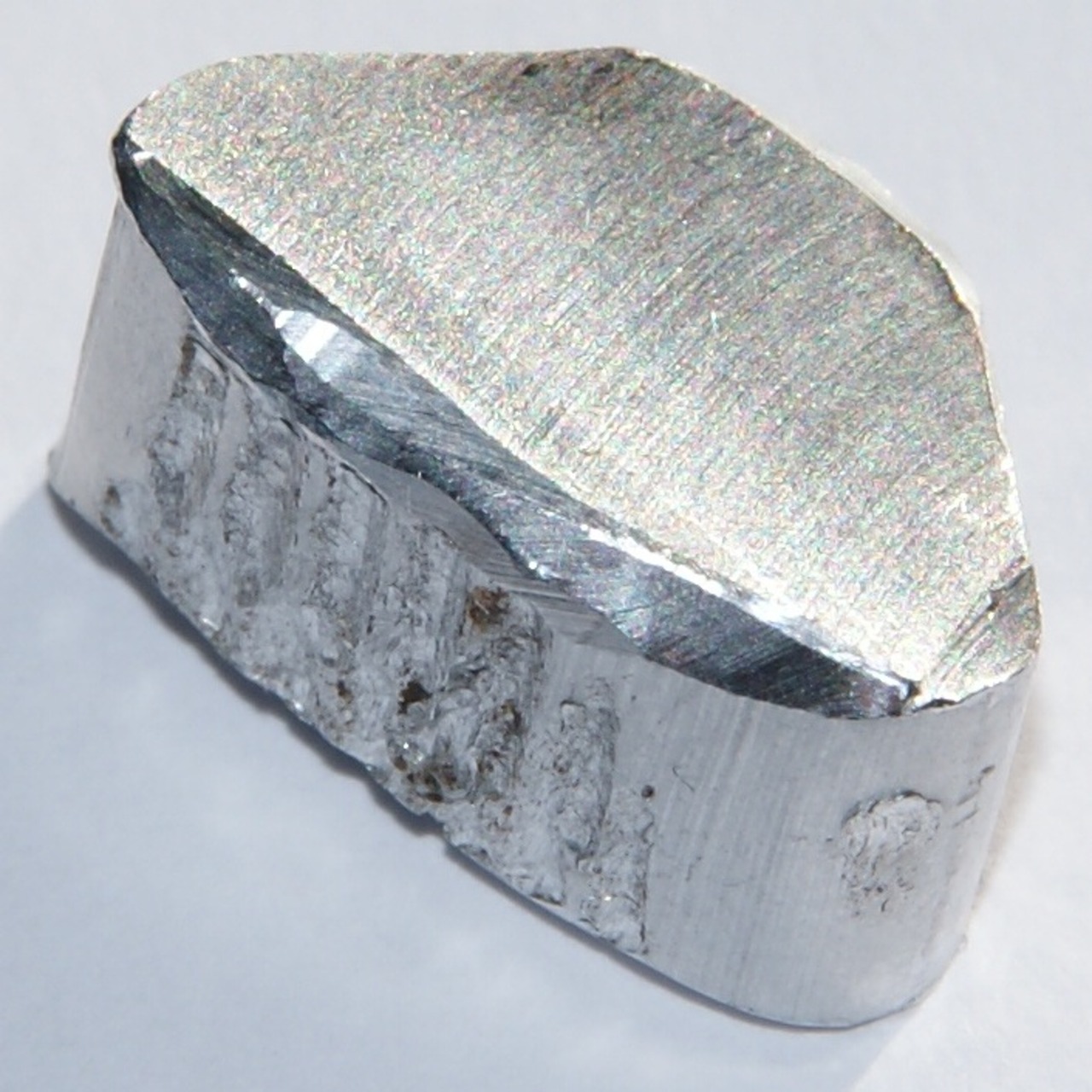
How do you evaluate the importance of objective analyzes on sustainability for the 'economy , policy?
“Objective sustainability analyzes are fundamental supports for the actors in the transformation process, especially because important decisions must be made in increasingly tight timescales. Especially for SMEs, which are already reaching their limits in their daily business: I consider them an important toolbox. Before the transformation and during the process, it must be possible to review decisions in a short time. Do we have to adapt as suppliers in order not to lose touch and meet the needs of our customers? Are we on the right path for our company to have a chance or even gain a competitive advantage with these measures? Even politicians are overwhelmed by the flow of information. This happens especially in national politics, where important decisions are made for the future direction of our economic policy: there the load is enormous. For them too, objective sustainability analyzes can be of great help in the decision-making process".
From researchers and children a book-idea for the circular economy
Education for Sustainable Development: Switzerland passed with honours
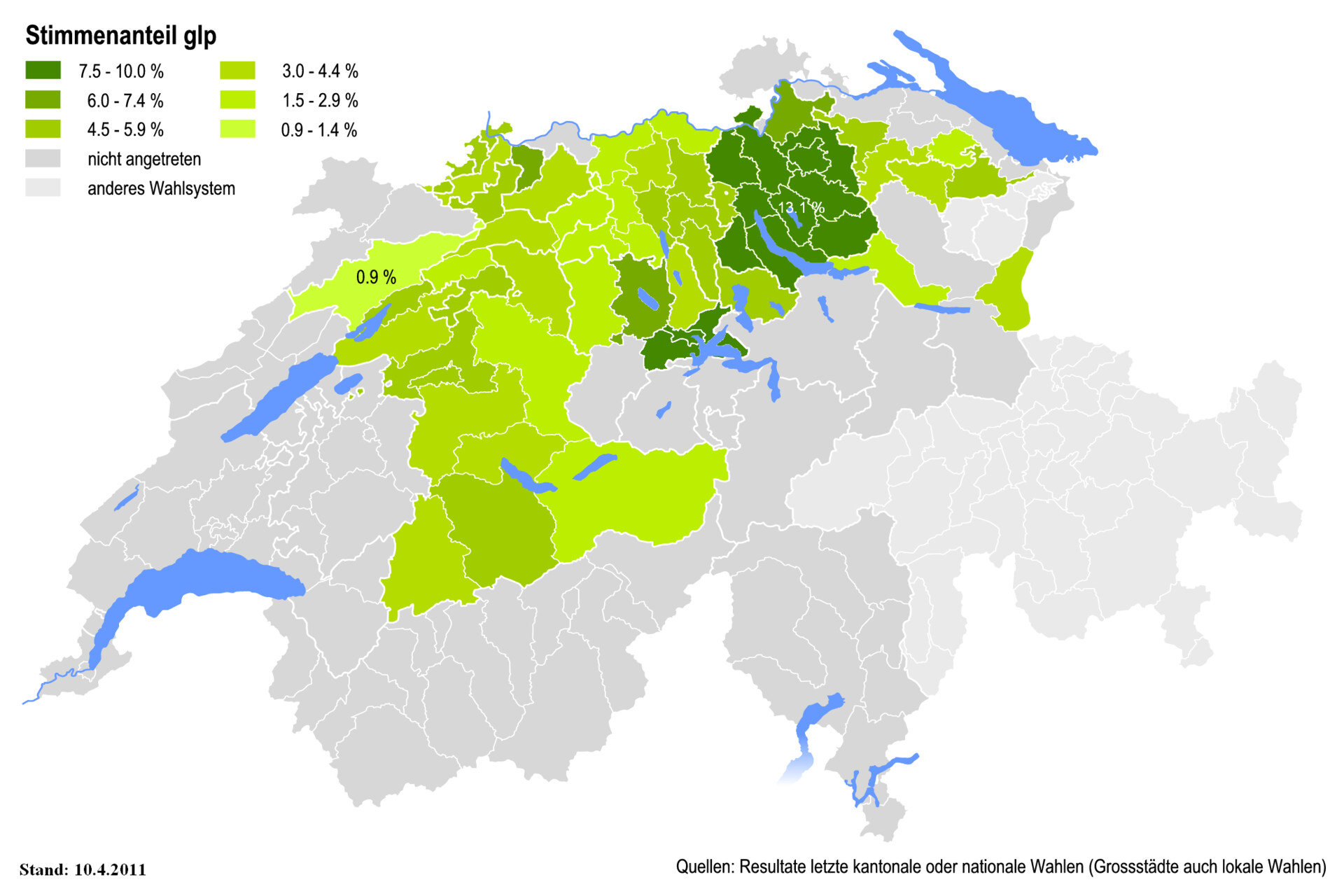
You may also be interested in:
An innovative refuge for wildlife at the Locarno military airfield
The DDPS specialists acted on the perimeter hedges of the Sopracenerino airport, creating a place of retreat and source of food for the animals
by Editorial staff Innovando.NewsEditorial staff of Innovando.News
A DAO in Formula 1 from the agreement between ApeCoin and BWT Alpine
The Decentralized Spinning Skull Organization and French Team Will Activate a Global Fanbase Through Real-World and Web3 Experiences
Video, the unique ecosystem of the Lötschental alpine forest
The ideal place to study the growth of trees at different altitudes in the Canton of Valais is described in a very innovative WSL film
by Editorial staff Innovando.NewsEditorial staff of Innovando.News
Taam Ja' is the deepest “blue hole” in the world: the discovery
Marine cavity probed off Yucatan Peninsula, found four times deeper than previous record-breaking sinkhole in Belize

